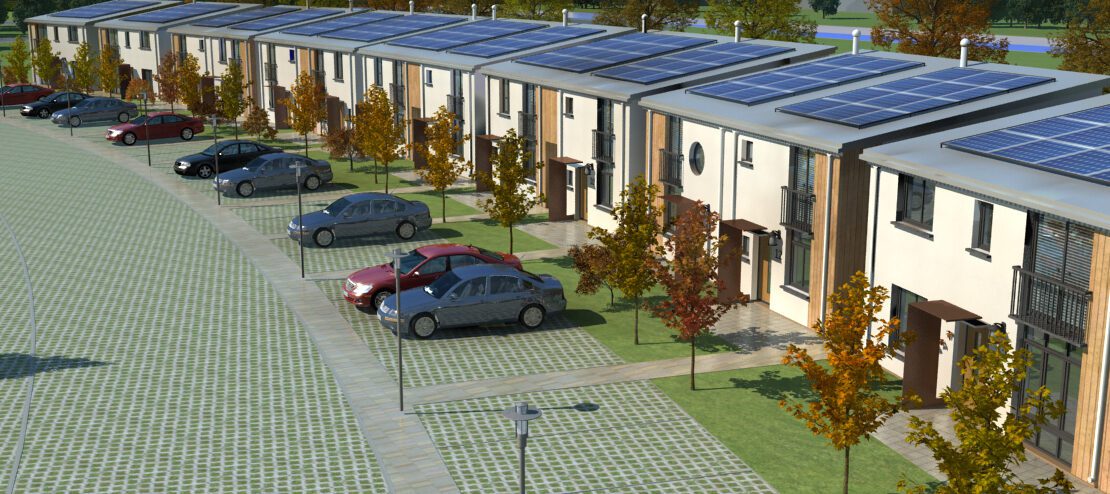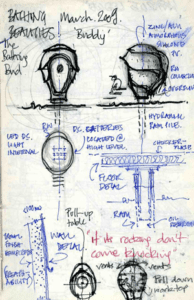
Consultancy
“Living more in equilibrium with the environment reduces our burden of reliance on finite resources with positive benefits.”
Dr Jerry Harrall re-examines building construction conventions, in particular, the enormous challenge of how to reduce in operation, our use of fossil fuels. Empowered with these innovative fossil-fuel-free solutions, clients are well placed to deliver a development that has……. a light touch on the planet.
Dr Jerry Harrall’s consultancy services have been commissioned to provide:
- Independent auditing for district councils on development proposals
- Advisory role for a Cambridge charity on their building development program
- Advisory role for an NGO in northern Italy for their post hydrocarbon agenda
- Authoring a peer reviewed proposition paper for eco-housing business model
- Feasibility study for the restoration of the Royal Palace in Romania
- Climate Change workshops in sub-Saharan Africa and Europe
- Seminars for Commonwealth Secretariat
Examples of Dr Jerry Harrall’s field of specialism’s;
Designing buildings that sustain steady-state internal air temperatures requires without resort to fossil-fuels, requires arranging of an assortment of building blocs.
These building characteristics harness heat energy within the building fabric in intentionally active thermal mass, to make a significant functional contribution towards modifying the habitable environment in the direction desired for comfortable human habitation.
Viewing high thermal mass buildings as reservoirs of heat energy with an active thermal core, assists in understanding how to usefully employ heavy weight materials such as concrete.
Adapting Existing Buildings
It is widely acknowledged that the finite nature of fossil fuels and current society’s over-reliance on them can’t continue. Adapting our existing buildings to operate free from their reliance on finite resources is realistic.
By applying the toolkit of Greening-The-BoxTM It is possible to reduce fuel poverty, reduce carbon emissions and reduce energy costs.
